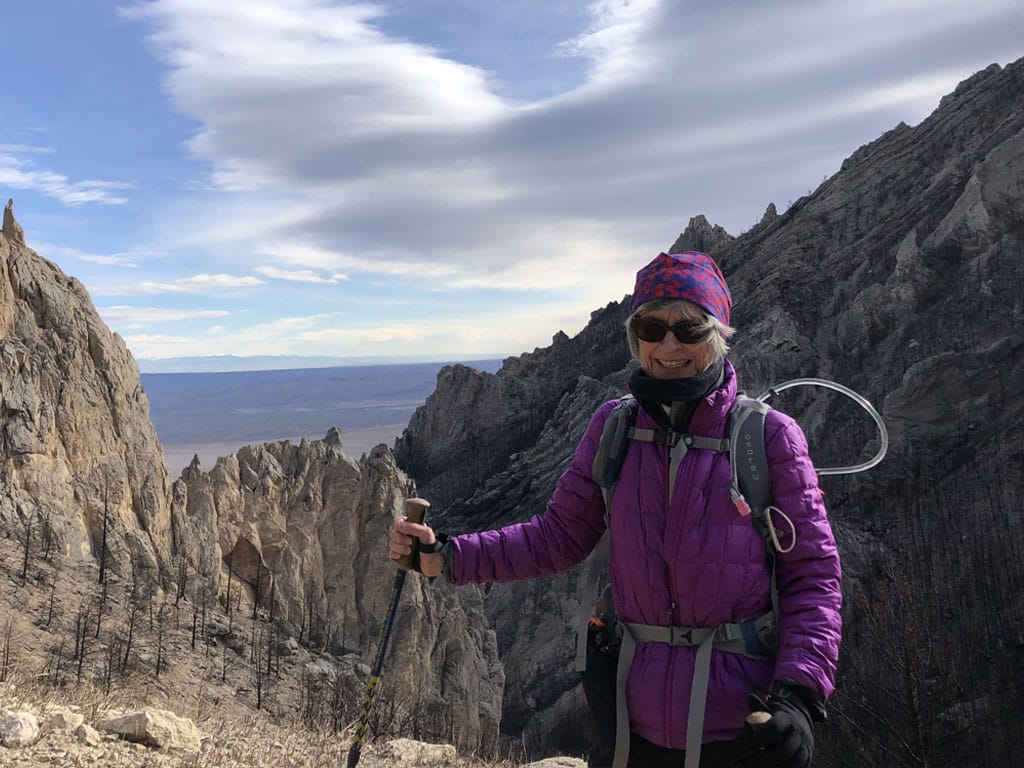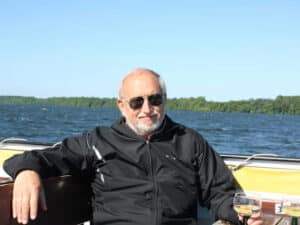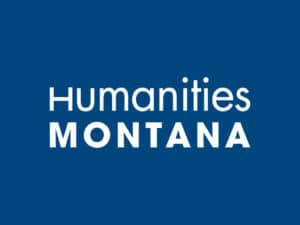Golden Anniversary Letter, February
Note: As Humanities Montana celebrates our 50th anniversary, we are honored to hear from previous board members and friends from across the state. This month, Kathleen Ralph reflects on what 50 years of the humanities in Montana has meant to her and to the state. Kathleen grew up in Chicago and worked on both coasts before going abroad with UNICEF to Bangladesh and India. She moved to Stillwater County in 1995 with her husband, Dave Grimland, and son, Michael. From 2007–2012, Kathleen served on the board of Humanities Montana.
A capacity crowd in Ft. Peck, on a snowy Friday night, gathered to learn more about Islam. Another crowded room, this time a bar, people young and old waiting to listen to a poet. Schoolchildren jammed into a gym, quieting to hear songs about Montana’s history. Book fairs showcasing authors. Facilitated conversations with strangers, beginning with a poem. Weekly DIY Humanities newsletters arriving on my computer, keeping me connected and sane during the first year of Covid.
These are some of the memories that come to mind when I think of Humanities Montana.
Connection is the key: connecting to oneself, to others in one’s local community, to Montana, our country, and the world. Humanities Montana’s programs help us make those connections. Stories are the primary means to that end: telling stories, listening to stories, and making new stories about ourselves and each other. We connect through those stories, revealing bits of ourselves and learning about others—all at the same time.
Through my involvement with Humanities Montana over the past quarter-century, I have made good friends across the state and have come to really appreciate the saying, “Montana is a small town spread across hundreds of miles.” Friendships across the state have made not only people, but the places they live in, more alive.
Living in a small town in rural Stillwater County, it’s easy to become insular, focusing on local issues and not paying much attention to what’s happening beyond our community. Humanities Montana programs bring informed and skilled people with new ideas and concepts who lead discussions that help make sense of the larger world and show us how we connect to it.
For me, songs from the Depression era led to conversations about local history with neighbors who lived through it. A group discussion on poems led to insights on myself and others, which in turn enhanced teamwork. A facilitated discussion just before Thanksgiving in 2019 provided ideas on how to handle politically-divided family conversations. Recent online programs on confirmation bias and lateral reading helped me understand my role in a polarized society while also providing concrete ideas on how to better navigate misleading websites.
Montana is a big and varied state, with majestic mountains, lovely river valleys, and ever-changing prairies. Its people are equally varied with farmers and ranchers, miners and newly transplanted retirees rubbing shoulders—and ideas—in local cafes. Strongly held opinions should not separate us. Humanities Montana can help facilitate much-needed conversations to keep us connected to each other, recognizing that we are much more alike than we are different.
Humanities Montana’s effect is subtle for the most part. Emphasizing our common humanity, its programs help us find common ground. No big bangs or flashy experiences, but deeply human ones when we learn something new about others and ourselves. For the next 50 years, my hope is that Humanities Montana will continue to grow and expand its programs so that all towns and communities will be able to enjoy and grow stronger.
Sincerely,
Kathleen Ralph
Board member, 2007–2012
